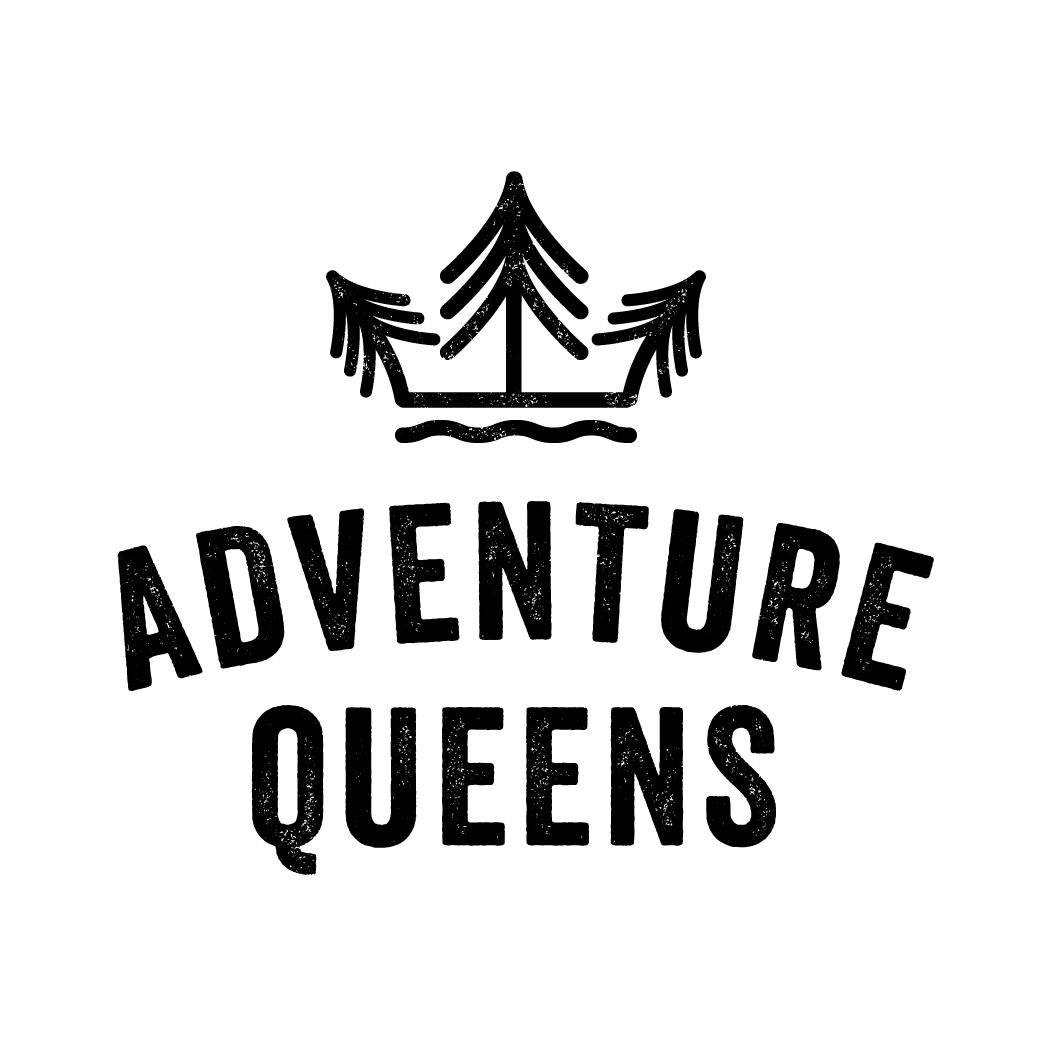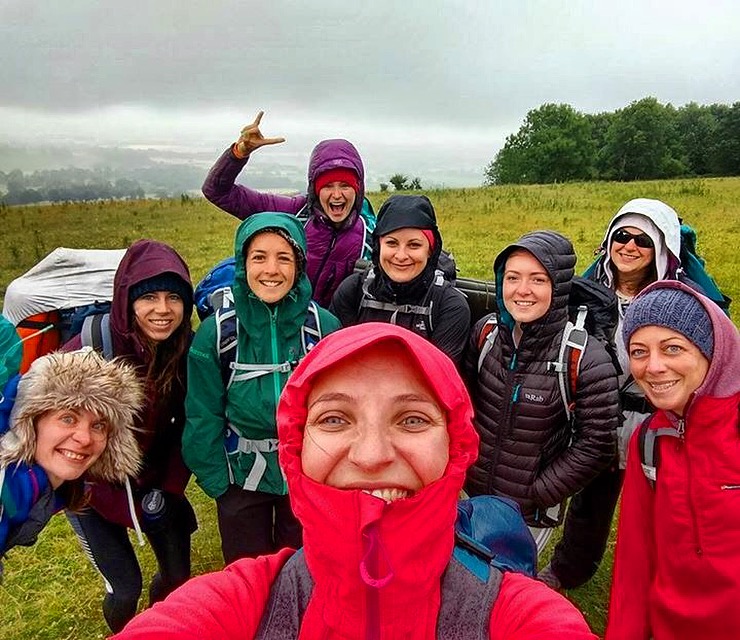It was March 2020. On the radio Rishi Sunak was announcing the first closures before the full lockdown – clubs and bars – while I was in my car racing to Halfords to buy a bike. I’d been planning to buy a bike for ages, but this took on a new urgency; I had to get the bike home before lockdown. I had visions of us spending some wholesome Scandinavian-style time together as a family; me cycling with our 2 year old in the back carrier, with my eldest daughter and partner riding alongside. For a while we did manage to create something approximating this idyll. Out of the misery of the pandemic, we carved out a bit of contentment through our little adventures during our allocated ‘daily exercise’.
Then the pandemic ended, the girls grew, my youngest became too big for the carrier. I returned to the office and started a PhD on brain fog (more about that later). Life got busy again. But the bike has remained a constant in my life since lockdown. Inspired by the programme ‘World’s Toughest Race’ I decided to take up adventure racing as a hobby. For anyone who missed this TV drama, Bear Grylls hosts a gruelling ten day race in which participants paddle, cycle, climb and trek their way across the island of Fiji. I’ll be honest the type of adventure racing I do involves trail running, kayaking and mountain biking in the Chilterns over a period of about 5 or 6 hours, but hey it’s a start, right?!

To prepare, I needed to train. I already ran regularly, but I headed for the trails instead of the roads on my runs. I joined my local kayak club to familiarise myself with racing in a kayak. And I put the bike into new service, taking to the local hills for training. Adventure racing is a bit different to normal races. Admittedly some have the format of a triathlon – you bike, run and kayak, just over rougher terrain. Most of the races I do though don’t involve a set route. Instead you get a map and series of checkpoints (points vary according to difficulty) and a time within which to finish. The person with the most points wins. Think orienteering, just on a bike, in a boat and on foot.
I have had the best adventures since taking up this relatively new sport. In just two years I have completed seven races across the UK and further, from the New Forest to the Wicklow Mountains. I have been placed and come last (scuppered by a knee injury). I have raced through a heatwave in Dorset and encountered snow in Ireland. I have learned a LOT about kit and what to bring and crucially what not to bring! I brought so much kit with me on my first race I fell off my bike trying to carry it all. And on the trip to Ireland I learned it is possible to fit three suitcases, four people and a bike inside a Renault Megane.

The atmosphere of the races is a real bonus. One advantage of choosing your own route is that you don’t know how others are doing in the race, so when you encounter people it feels both friendly and exciting, without being especially competitive. People will help if you can’t find a checkpoint or if you get a puncture. At the end of the day, everyone heads back together to the finish as if they have known each other for ages, bonded by a common experience and lured on with the promise of the now famous post-race chilli.
There has been an additional benefit too – for my brain! One of the surprising early findings from my research on brain fog is potentially how beneficial exercise (any exercise, including adventure racing) might be for improving cognition. For women, this could be particularly valuable during critical points in the life-course, such as menopause. I was already aware of the physiological improvements that come with exercise and the emotional up-sides, but I was less familiar with the cognitive benefits. It is possible these feel more tangible with adventure racing because your mind is occupied while you exercise. You are busy solving a giant puzzle while you race – you have the next bit of route to plot and the next check-point to find all within a set time. Because your brain is working hard, you don’t notice that your body is working hard too. You have that satisfying sense of physical and mental fatigue when you finish. I understand climbers get a similar feeling, but I don’t have a great head for heights so will have to take their word for it.
I have gained such a lot from my adventure racing experiences and the entry point was through my trusty bike. What started off as an idle pastime has become an absorbing hobby, with benefits that extend beyond anything I could have imagined when I started.
To hear more about the research I am doing on brain fog, including how to get involved: https://www.bsms.ac.uk/research/neuroscience/brain-fog.aspx
If you are interested to find out more about adventure racing check out the following: https://www.youtube.com/watch?v=yGNl_HhwhWs
Thank you to Questars for allowing permission to use their photos. For information on their adventure races: https://www.questars.co.uk

This Guest Blog was written by Bev Darkin.


